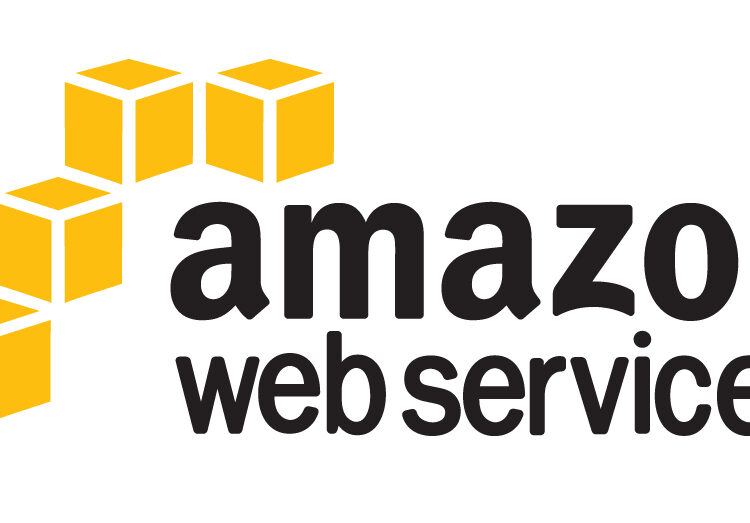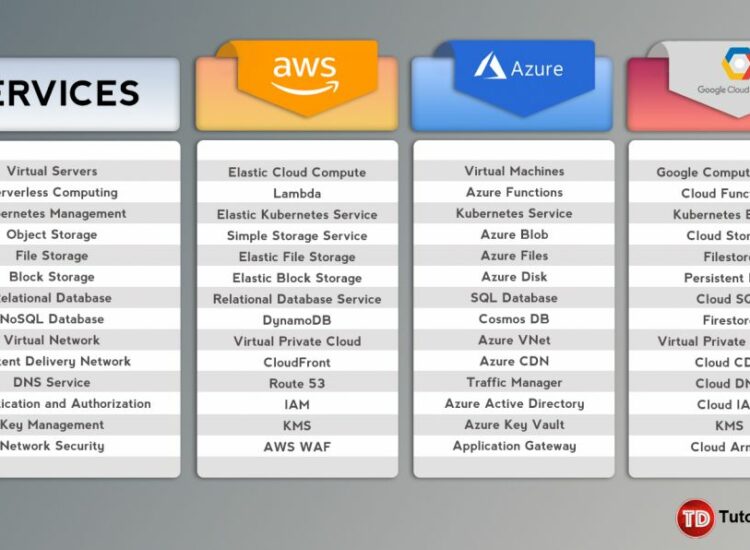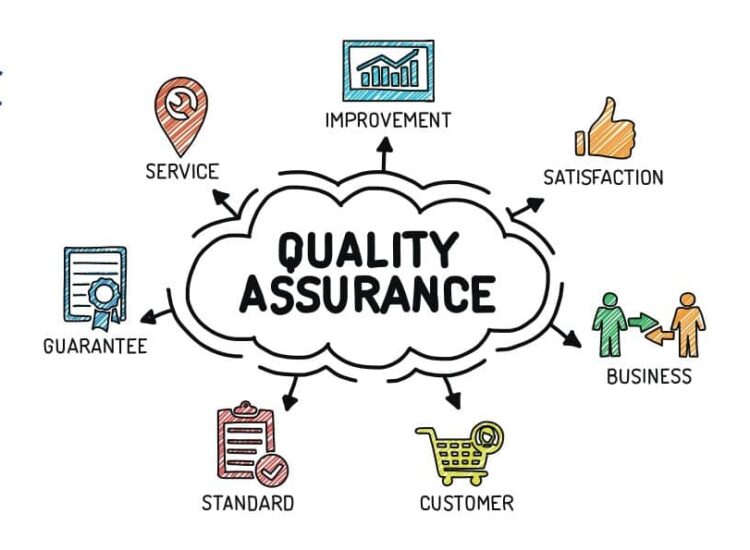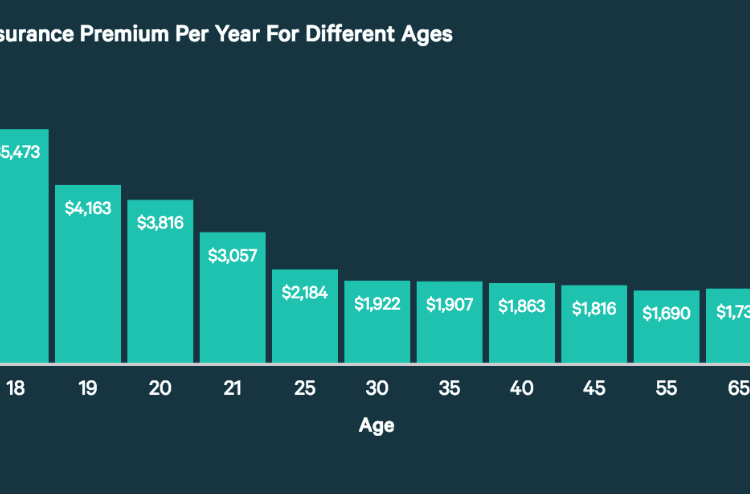Mastering Google Cloud Computing: A Comprehensive Guide to Leveraging GCP
In today’s rapidly evolving digital landscape, businesses and individuals alike are constantly seeking powerful, flexible, and scalable infrastructure to drive innovation, improve efficiency, and stay ahead of the curve. At the forefront of this transformation is Google Cloud Computing, a suite of cutting-edge cloud services offered by Google. Often referred to as Google Cloud Platform (GCP), this robust platform provides everything from computing power and storage to advanced machine learning capabilities and global networking, enabling organizations to build, deploy, and scale applications and services with unprecedented ease and reliability. Understanding Google Cloud Computing is no longer just an advantage; it’s a necessity for navigating the complexities of modern technology and unlocking true digital potential.
Toc

What is Google Cloud Computing (GCP) and Why It Matters
Google Cloud Computing, delivered through Google Cloud Platform (GCP), is a comprehensive portfolio of cloud-based services that run on the same global network infrastructure that powers Google’s own massive services like Search, YouTube, and Gmail. It represents Google’s powerful offering in the competitive cloud computing market, providing businesses with access to on-demand resources, from virtual machines to sophisticated artificial intelligence tools, without the need for heavy upfront investment in physical hardware or complex IT management.
Defining Google Cloud Platform
At its core, Google Cloud Platform provides Infrastructure as a Service (IaaS), Platform as a Service (PaaS), and Software as a Service (SaaS) offerings. This multi-faceted approach means users can choose the level of control and abstraction they require. For instance, developers can provision raw compute power (IaaS), deploy applications without managing the underlying operating system (PaaS), or utilize fully managed software solutions (SaaS). The platform is designed to be highly scalable, reliable, and secure, leveraging Google’s vast experience in data center operations and network management. When we talk about Google Cloud Computing, we are referring to this entire ecosystem of services and the underlying infrastructure that supports it, empowering everything from small startups to large enterprises.
The Evolution and Importance of Cloud Computing for Businesses
The shift from traditional on-premises IT infrastructure to cloud computing has been one of the most significant technological evolutions of the past two decades. Businesses previously had to purchase, install, and maintain their own servers, storage devices, and networking equipment, leading to high capital expenditures, significant operational overhead, and limited flexibility. Cloud computing, particularly platforms like those offered by Google Cloud Computing, flips this model on its head. It allows businesses to consume IT resources as a utility, paying only for what they use. This pay-as-you-go model, combined with the ability to instantly scale resources up or down based on demand, provides unparalleled agility and cost efficiency. For businesses today, embracing cloud computing is crucial for faster time-to-market, enhanced collaboration, improved disaster recovery capabilities, and the ability to harness advanced technologies like AI and big data analytics that would be prohibitively expensive or complex to implement on-premises. It’s about transforming IT from a cost center into a driver of innovation and competitive advantage.
Key Services and Capabilities of Google Cloud Platform
Google Cloud Computing is renowned for its breadth and depth of services, covering virtually every aspect of modern computing needs. From foundational infrastructure to cutting-edge AI and machine learning, GCP offers a rich ecosystem designed to meet the demands of diverse workloads and industries. Exploring these key service areas reveals the power and flexibility that makes Google Cloud Computing a leading choice for organizations worldwide.

Core Infrastructure Services (Compute, Storage, Networking)
The foundation of any cloud platform lies in its core infrastructure. GCP excels here with powerful and versatile offerings. Compute Engine provides customizable virtual machines (VMs) with a wide range of machine types and operating systems, offering Infrastructure as a Service (IaaS) flexibility. For containerized applications, Google Kubernetes Engine (GKE) stands out as a leading managed Kubernetes service, simplifying deployment, scaling, and management of containerized workloads. Serverless options like Cloud Functions allow developers to run code snippets in response to events without managing servers at all.
For data storage, Google Cloud Storage offers highly scalable and durable object storage with different storage classes optimized for performance and cost (Standard, Nearline, Coldline, Archive). Persistent Disk provides block storage for VMs, while specialized databases cater to various needs.
2. https://pcoustic.com/mmoga-virtual-private-server-trials-your-guide-to-risk-free-hosting/
4. https://pcoustic.com/mmoga-b2b-saas-lead-generation-a-comprehensive-guide-for-marketing-managers/
5. https://pcoustic.com/mmoga-virtual-private-server-canada-best-options-for-small-businesses/
Networking is another strength, leveraging Google’s global private network. Virtual Private Cloud (VPC) allows users to define their own network topology in the cloud, controlling IP address ranges, subnets, routes, and firewalls. Cloud Load Balancing distributes traffic across instances, ensuring high availability and performance, while sophisticated options like Cloud CDN (Content Delivery Network) deliver content quickly to users worldwide.
Data, Analytics, and Machine Learning Power
One area where Google Cloud Computing truly shines is its suite of data and analytics services, deeply integrated with leading machine learning capabilities. BigQuery is a fully managed, petabyte-scale data warehouse that enables super-fast SQL queries against massive datasets, making it a cornerstone for business intelligence and data exploration. Cloud SQL and Cloud Spanner provide managed relational database services (MySQL, PostgreSQL, SQL Server, and a globally distributed relational database, respectively), while Cloud Firestore offers a scalable, serverless NoSQL document database for mobile, web, and IoT applications.
Harnessing the power of AI and machine learning is made accessible through services like Vertex AI, a unified platform for building, deploying, and managing ML models. Google also provides pre-trained APIs for common tasks like vision, speech, natural language processing, and translation (Cloud Vision API, Speech-to-Text, Natural Language API, Cloud Translation API), allowing developers to integrate powerful AI features into their applications without extensive ML expertise. The close relationship between Google’s data tools and AI services makes Google Cloud Computing a powerful platform for data-driven innovation.
Developer Tools and Managed Services
Beyond core infrastructure and data, Google Cloud Computing offers a wealth of tools and managed services designed to streamline the development lifecycle and simplify operations. Cloud Build provides a fully managed continuous integration and delivery (CI/CD) platform. Cloud Source Repositories offer private Git repositories hosted on GCP. For managing infrastructure as code, Cloud Deployment Manager allows you to define and deploy resources using simple templates.
Operational visibility is provided through Cloud Monitoring and Cloud Logging, offering comprehensive monitoring and logging capabilities for applications and infrastructure. These tools help developers and operators troubleshoot issues, optimize performance, and ensure the health of their cloud deployments. The emphasis on managed services across the platform reduces the operational burden on IT teams, allowing them to focus on building features and delivering value rather than managing infrastructure.
Cloud Security and Global Reach
Security is paramount in the cloud, and Google Cloud Computing is built on a foundation of Google’s decades of experience in protecting its global infrastructure and users. Security is integrated at every layer, from physical data center security to hardware design, network infrastructure, and identity and access management (IAM). Cloud Identity and Access Management (IAM) allows granular control over who can do what on GCP resources. Data is encrypted at rest by default, and encryption is also applied in transit. Services like Cloud Security Command Center provide a centralized view of security and data risk across the platform.
Furthermore, GCP boasts a vast global network with numerous regions and zones strategically located around the world. This global presence ensures low latency for users accessing applications from anywhere, provides options for data residency requirements, and enables the creation of highly available and disaster-tolerant architectures by deploying resources across multiple geographic locations. This combination of robust security measures and extensive global reach makes Google Cloud Computing a trusted platform for mission-critical workloads.
Benefits and Use Cases of Migrating to Google Cloud
Choosing Google Cloud Computing as your cloud provider can unlock numerous benefits for organizations of all sizes. Beyond just cost savings and efficiency, migrating to GCP can be a catalyst for significant business transformation and innovation. Understanding these advantages and seeing real-world use cases helps illustrate the powerful impact of leveraging Google’s cloud infrastructure.

Unlocking Scalability, Performance, and Cost Optimization
One of the most compelling reasons to adopt Google Cloud Computing is its inherent scalability. Whether facing predictable growth or sudden, massive spikes in demand, GCP services can automatically scale resources up or down, ensuring applications remain responsive and available without manual intervention. This elastic scalability means you’re never paying for idle capacity, but you also won’t be caught short when traffic surges.
1. https://pcoustic.com/mmoga-your-guide-to-ovh-virtual-private-servers-for-smbs/
2. https://pcoustic.com/mmoga-virtual-private-server-trials-your-guide-to-risk-free-hosting/
4. https://pcoustic.com/mmoga-b2b-saas-lead-generation-a-comprehensive-guide-for-marketing-managers/
5. https://pcoustic.com/mmoga-virtual-private-server-canada-best-options-for-small-businesses/
Performance is another key benefit, stemming from Google’s high-speed global network and optimized infrastructure. Accessing data and running applications closer to end-users via the global network significantly reduces latency, improving user experience.
Cost optimization is a natural outcome of the cloud model. GCP offers a pay-as-you-go pricing structure, charging only for the resources consumed. Features like per-second billing, sustained usage discounts (automatic discounts for running instances for a significant portion of the month), and committed use discounts provide significant cost savings compared to traditional models. The ability to easily rightsize resources based on actual usage further contributes to optimizing spend within Google Cloud Computing.
Driving Innovation with Advanced Technologies
Google Cloud Computing is not just about infrastructure; it’s a platform for innovation. GCP provides easy access to cutting-edge technologies, particularly in the fields of data analytics, machine learning, and artificial intelligence. By using services like BigQuery, Vertex AI, and the various AI APIs, businesses can gain deep insights from their data, build intelligent applications, automate complex tasks, and create entirely new products and services.
Serverless computing options like Cloud Functions and Cloud Run (for containers) simplify the development and deployment of microservices and event-driven architectures, accelerating the pace of innovation. IoT Core (for connecting and managing IoT devices) and other specialized services enable businesses to explore new frontiers and build applications that would be difficult or impossible with traditional infrastructure. Google Cloud Computing effectively lowers the barrier to entry for utilizing advanced technologies, empowering organizations to innovate rapidly and stay competitive.
Real-World Applications and Success Stories
The versatility of Google Cloud Computing is best demonstrated through its diverse range of real-world applications and the success stories of companies leveraging the platform. E-commerce giants use GCP to handle massive transaction volumes and personalize customer experiences. Media companies utilize Cloud Storage and CDN to stream video content globally with high quality. Healthcare providers leverage GCP’s data analytics capabilities to analyze patient data and improve outcomes, all while adhering to strict security and compliance regulations. Financial institutions build secure and scalable trading platforms and risk analysis systems. Scientific researchers use GCP’s high-performance computing capabilities for complex simulations and data processing.
Examples abound across various industries: delivering online education platforms, powering mobile gaming backends, enabling collaborative productivity suites, and supporting global logistics operations. These diverse use cases highlight how Google Cloud Computing provides the flexible, scalable, and intelligent infrastructure needed to solve complex business challenges and create new opportunities in the digital age.
In conclusion, Google Cloud Computing stands as a leading force in the cloud market, offering a comprehensive suite of services that empower businesses with agility, scalability, and access to cutting-edge technologies. From foundational compute, storage, and networking to advanced data analytics and machine learning, GCP provides the tools necessary for digital transformation. Its emphasis on security, global reach, and cost optimization makes it a compelling choice for organizations looking to modernize their IT infrastructure, accelerate innovation, and achieve their strategic goals in the cloud. Exploring the capabilities of Google Cloud Computing is a valuable step for any entity navigating the future of technology.










